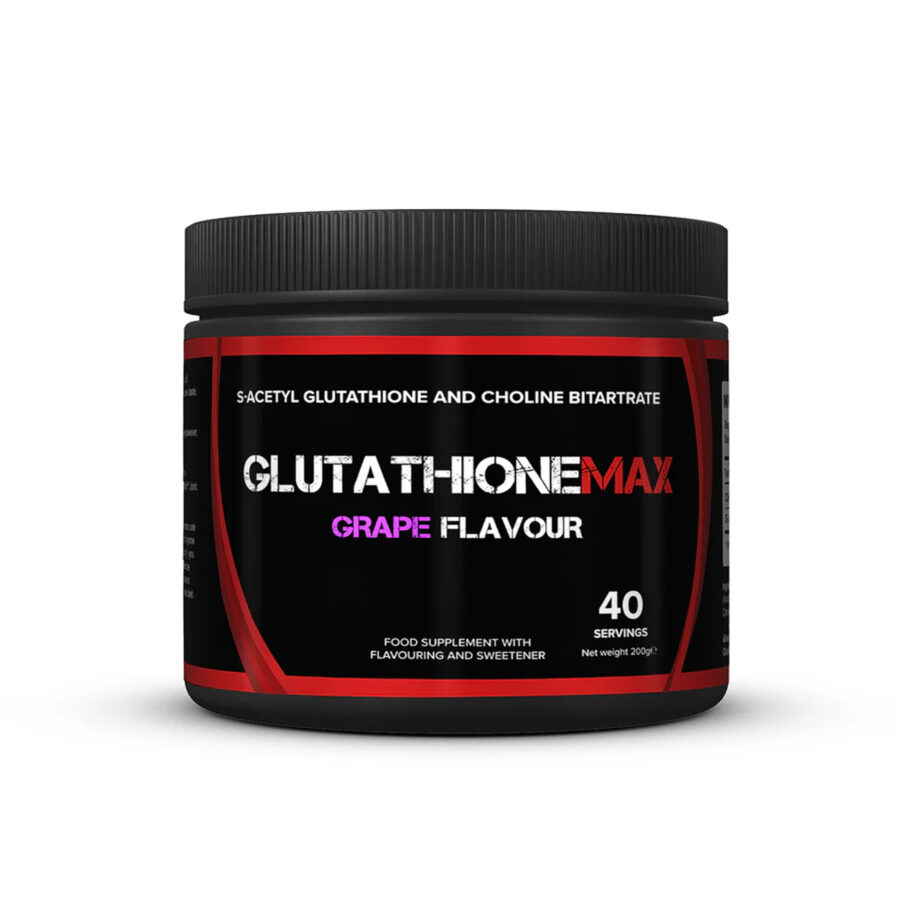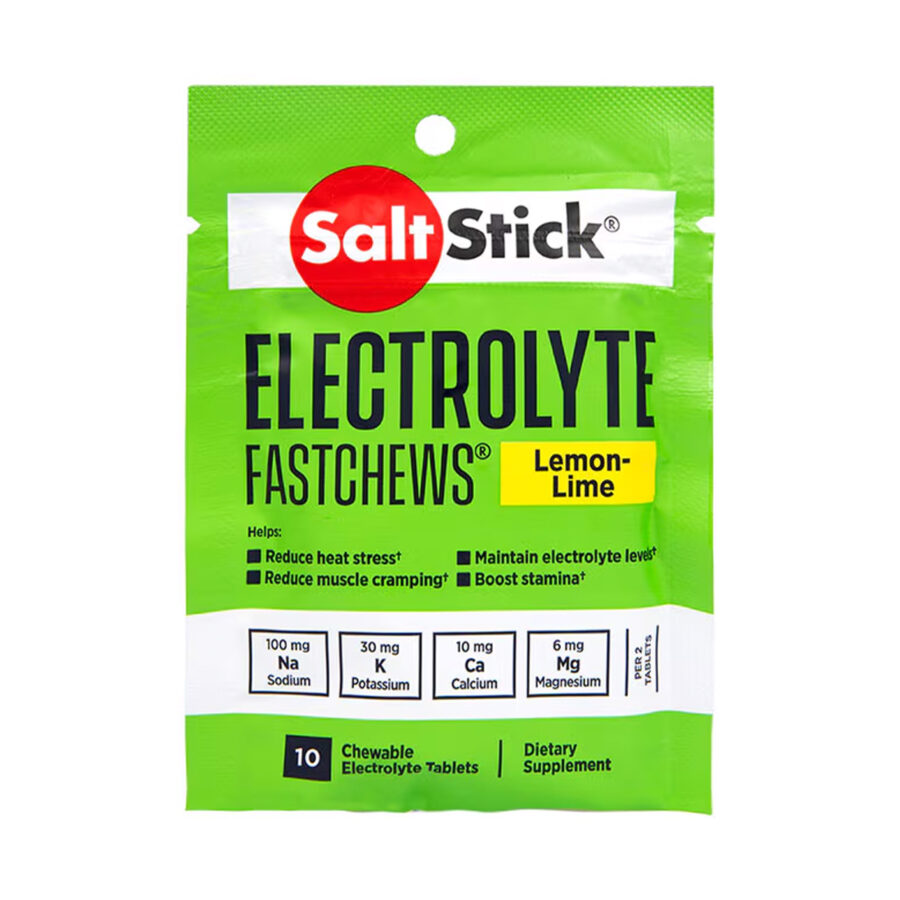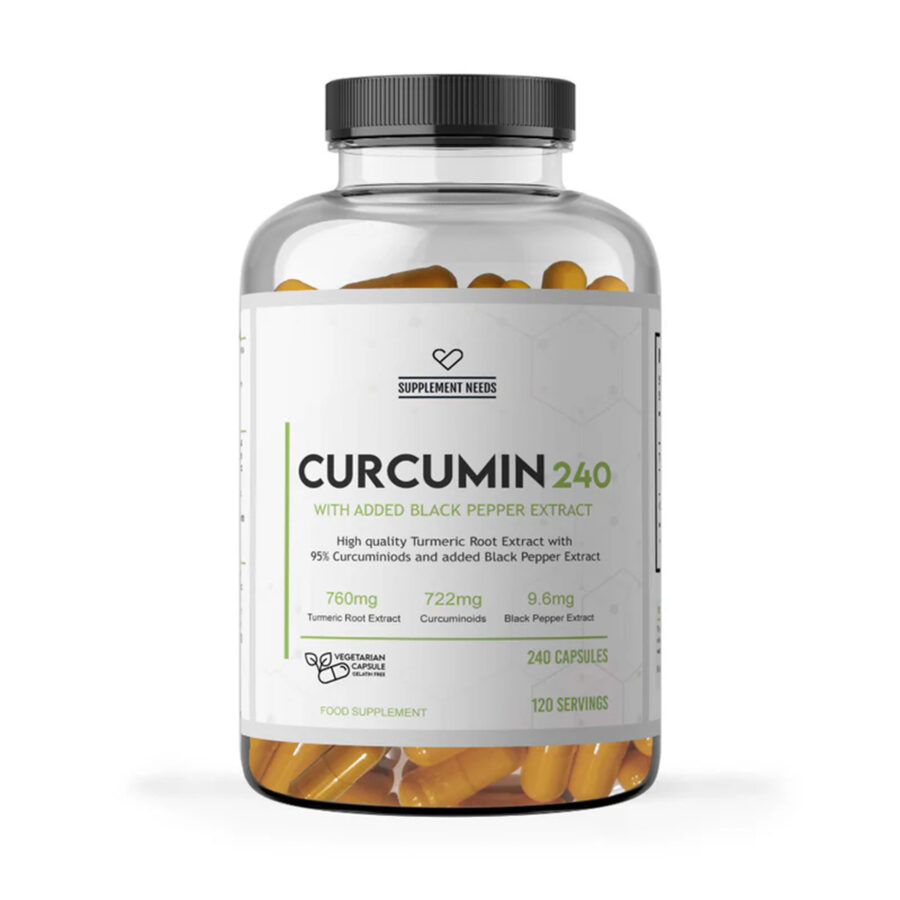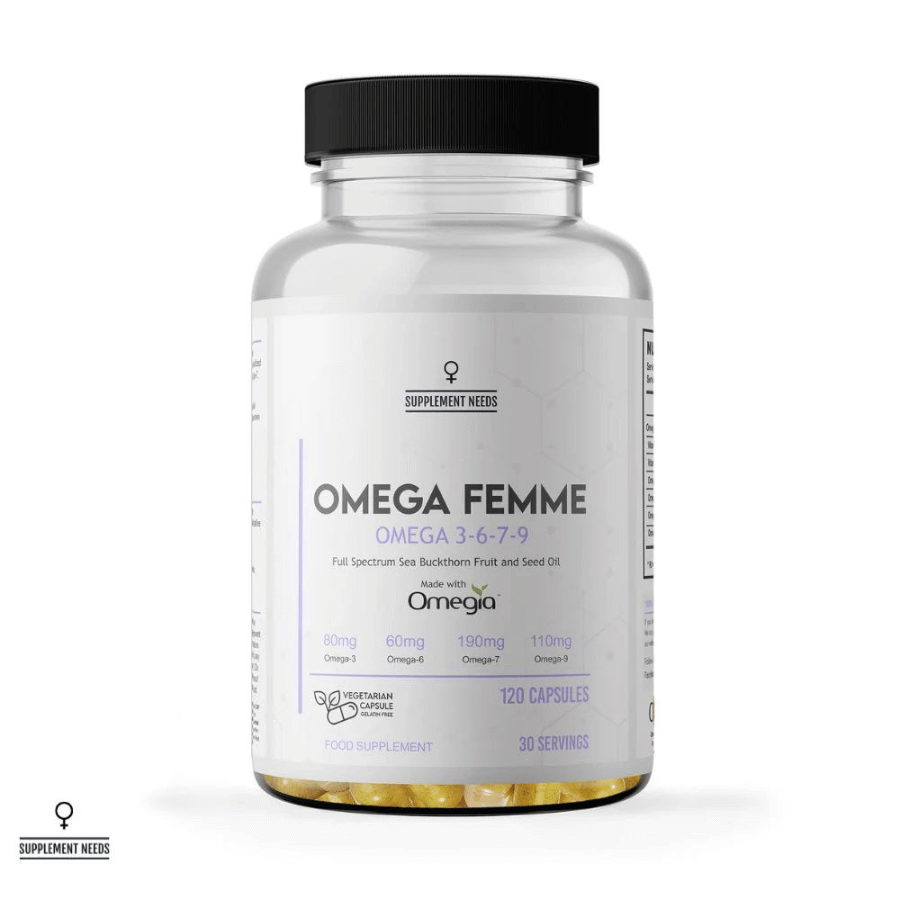£2.45
Barebells Protein Bars are a convenient and tasty way to top up your protein intake on the go.
Each bar provides around 20g of high-quality protein with no added sugar, wrapped in a smooth chewy coating that makes it feel more like a treat than a supplement. Ideal for occasions where you’ve missed a meal or need something quick to satisfy a sweet craving without completely derailing your nutrition.
Nutritional Breakdown (per 55g bar)
Calories: 200 kcals
Protein: 20g
Carbohydrates: 17g
Sugars: <2g
Fat: 8g
Fibre: 4g
Ingredients (Per 55g bar)
Milk protein
Sweeteners (maltitol, sucralose)
Collagen hydrolysate
Cocoa butter
Skimmed milk powder
Polydextrose
Palm oil
Sunflower oil
Cocoa mass
Emulsifier (soy lecithin)
Flavourings
Salt
Ingredients may vary slightly between flavours.
Is it suitable for vegans/vegetarians?
❌ Not suitable for vegans or vegetarians due to dairy and collagen content.
Allergen info
Contains milk and soy.
May contain traces of gluten, peanuts, tree nuts, and eggs.
12 in stock

These bars are absolutely fine when consumed once in a while – but not something I’d suggest eating daily or building int to a nutrition plan.
If you’ve missed a meal or you’re out and about with nothing decent available, a Barebells protein bar can bridge the gap and give you a solid hit of protein without too many calories. They’re also useful for taking the edge off a sweet craving, especially in the evening when hunger hormones like ghrelin tend to spike.
That said, these are heavily processed products – packed with additives, flavourings, and sweeteners. If used too regularly, they can take a toll on your gut health and digestion.
Think of them more as an emergency snack, not a daily staple. Whenever possible, aim to get your protein from single-ingredient, unprocessed foods – things like eggs, beef, chicken, fish or Greek yoghurt.
The Science:
The impact of dietary protein supplementation on recovery from resistance exercise-induced muscle damage: A systematic review with meta-analysis
Study: This meta-analysis found that peri-exercise protein supplementation significantly preserved muscle strength (both isometric and isokinetic maximal voluntary contraction) at 24, 48 and 96 hours post resistance exercise.
PubMed, 2023
https://pubmed.ncbi.nlm.nih.
This supports that getting enough protein (around training) helps muscle recovery and strength retention.
A systematic review, meta-analysis and meta-regression of the effect of protein supplementation on resistance training-induced gains in muscle mass and strength in healthy adults
Study: Large meta-analysis showing protein supplementation enhances increases in muscle strength and fat-free mass during resistance training. Diminishing returns were observed above about 1.6 g protein per kg bodyweight per day.
British Journal of Sports Medicine, 2018
https://bjsm.bmj.com/content/
It’s very important to prioritise meeting your daily protein needs. Supplements can help you reach the target when whole foods are impractical. More isn’t always better though, once you’re near 1.6 g/kg/day.



